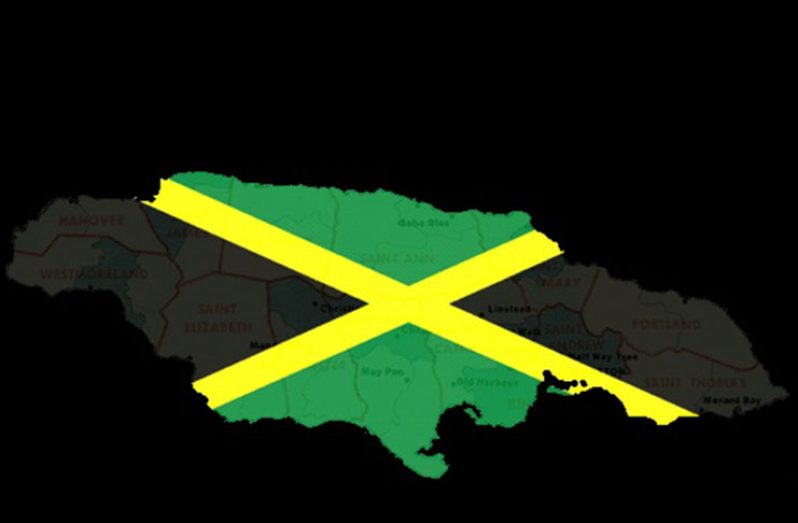By Ravin Singh in Jamaica
JAMAICANS have expressed mixed feelings about the Caribbean Community (CARICOM) Review Commission established by Jamaica’s Prime Minister to evaluate that country’s participation in CARICOM, among other things. According to CARICOM, the commission will among other things, evaluate the benefits of Jamaica’s participation in CARICOM as it relates to economic growth and development; analyse CARICOM’s performance against the goals and objectives outlined in the revised Treaty of Chaguaramas and identify the causes of the shortcomings; assess the value of Jamaica’s membership in CARICOM — its influence in critical international fora and with third-state trade and development partners; and assess whether the CARICOM dispute-settlement provisions provide realistic options for settlement of disputes for Jamaica.
Prime Minister of Jamaica, Andrew Holness, who launched the commission in June, said that it was not established to chart a path out of CARICOM for Jamaica.
“We cannot preempt what the commission will say, but it was never the intention to lay any groundwork or chart any path out of CARICOM. This is about strengthening Jamaica’s position within the regional integration process, which is absolutely important for Jamaica’s economic growth and development for the next 50 years,” the prime minister had said at the launch.
Although many Jamaicans were reluctant to comment on the issue, largely due to their lack of knowledge, others were eager to share their thoughts.
Among them was Deon Johnson, a marketing executive who believes that CARICOM has put a strain on Jamaica’s resources, since it has to support the regional body.
He said that Jamaica, being outside of the bloc, is likely to record greater economic growth since the objective of fairness is not being realised in the region.
“Jamaican businesses are disadvantaged in CARICOM markets and it is quite evident from reports. And if we look at Jamaica, we will even realise that Trinidad and Tobago has an unfair advantage in the Jamaican market. These issues, among others, which puts Jamaica in a disadvantaged position have still not been addressed by CARICOM. So why really is there a need for Jamaica to remain part of a group that does not advance its interest?” he asked.
In relation to dispute settlement, Malika Smith, a vendor, said that Jamaica has been on the receiving end of unfair treatment by CARICOM countries, while the regional body has failed to sanction those countries.
She specifically referenced the prevailing popular belief in Jamaica that Jamaicans travelling in the Caribbean are subjected to discrimination; particularly in Trinidad and Tobago.
DENIED ENTRY
Last year, approximately 320 Jamaicans were denied entry into Trinidad and Tobago and according to the Jamaican Government, this was a figure which they believe is of significant concern.
Earlier this year too, there were several reports of Jamaicans being denied entry into the same country which released statistics this year indicating that there are more than 20,000 Jamaicans living in the twin-island Republic illegally.
And with CARICOM not being able to fully address this issue, Smith said she is not sure of the purpose of the regional bloc.
However, this negative view of CARICOM is not one shared by all Jamaicans.
Gwen Moore, a student at the University of the West Indies (UWI) Mona Campus believes that CARICOM has been slow in achieving its objectives, but has still been able to record notable successes.
“If we look at education in the region, we can say that CARICOM has been able to develop an internationally-accredited certification for education (Caribbean Secondary Education Certificate). We can also look at free movement in the region where Caribbean nationals do not need a visa to visit other countries. That alone is a great achievement, outside of the minor hiccups which will be experienced at some point in time,” the UWI student said.
Moore contended that some people have been too negative about CARICOM as a regional body, and this has overshadowed the successes of the regional bloc.
As such, she believes Jamaica needs CARICOM just as much as CARICOM needs Jamaica.
Jamaica was the first to leave the West Indies Federation, and when it did so, the federation collapsed.
“As the first Prime Minister of Trinidad and Tobago Eric Williams said, ‘One from ten leaves naught.’ We ought to learn from that,” Moore said.




.png)









